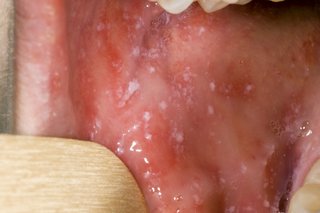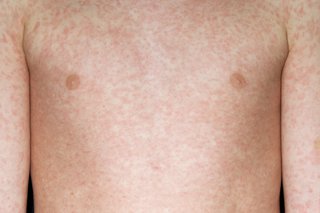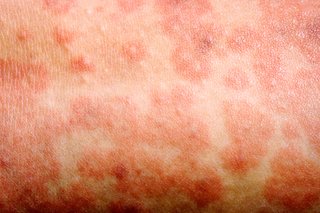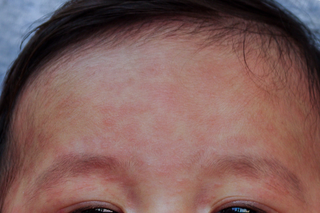There has been a recent rise of measles cases in Birmingham and the West Midlands. If you think you or your child may have measles, contact the practice but do not visit unless instructed, as measles can spread to others easily.
Measles is an infection that spreads very easily and can cause serious problems in some people. Having the MMR vaccine is the best way to prevent it.
Check if you or your child has measles
Measles usually starts with cold-like symptoms, followed by a rash a few days later. Some people may also get small spots in their mouth.
Cold-like symptoms
The first symptoms of measles include:
- a high temperature
- a runny or blocked nose
- sneezing
- a cough
- red, sore, watery eyes
Spots in the mouth

Small white spots may appear inside the cheeks and on the back of the lips a few days later. These spots usually last a few days.
The measles rash
A rash usually appears a few days after the cold-like symptoms.



It’s very unlikely to be measles if you’ve had both doses of the MMR vaccine or you’ve had measles before.
How to avoid spreading or catching measles
Measles is spread when an infected person coughs or sneezes. There are things you can do to reduce the risk of spreading or catching it.
Do
- wash your hands often with soap and warm water
- use tissues when you cough or sneeze
- throw used tissues in the bin
Don’t
- do not share cutlery, cups, towels, clothes, or bedding
Childhood immunisations
MMR vaccines should be given on schedule to babies and children, unless the Health Protection Team have specified otherwise. Therefore please do not try to book your child’s appointment before it is due. The current schedule is:
| Child’s age 1 year | MMR (1st dose) |
| Child’s age 3 years and 4 months | MMR (2nd dose) |
